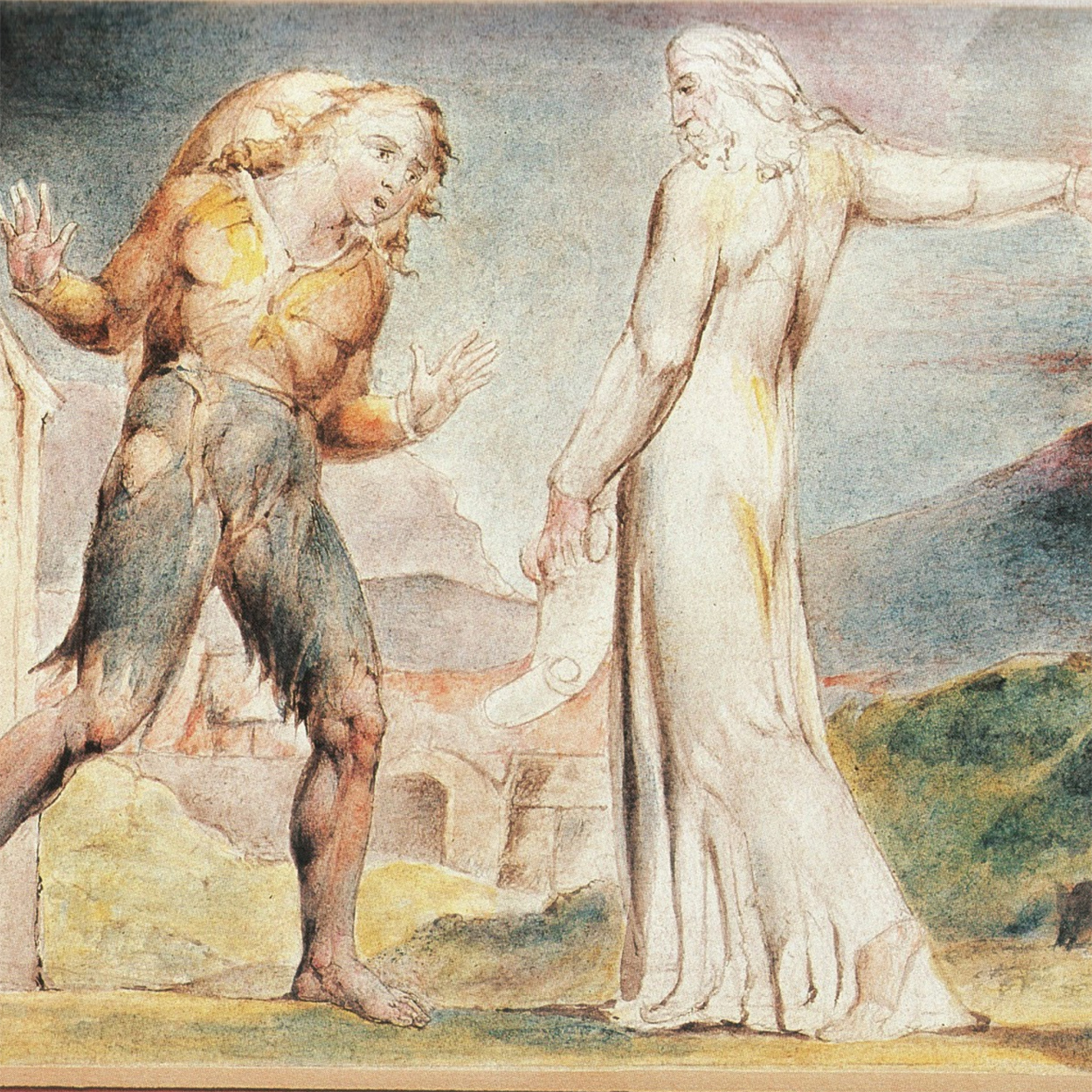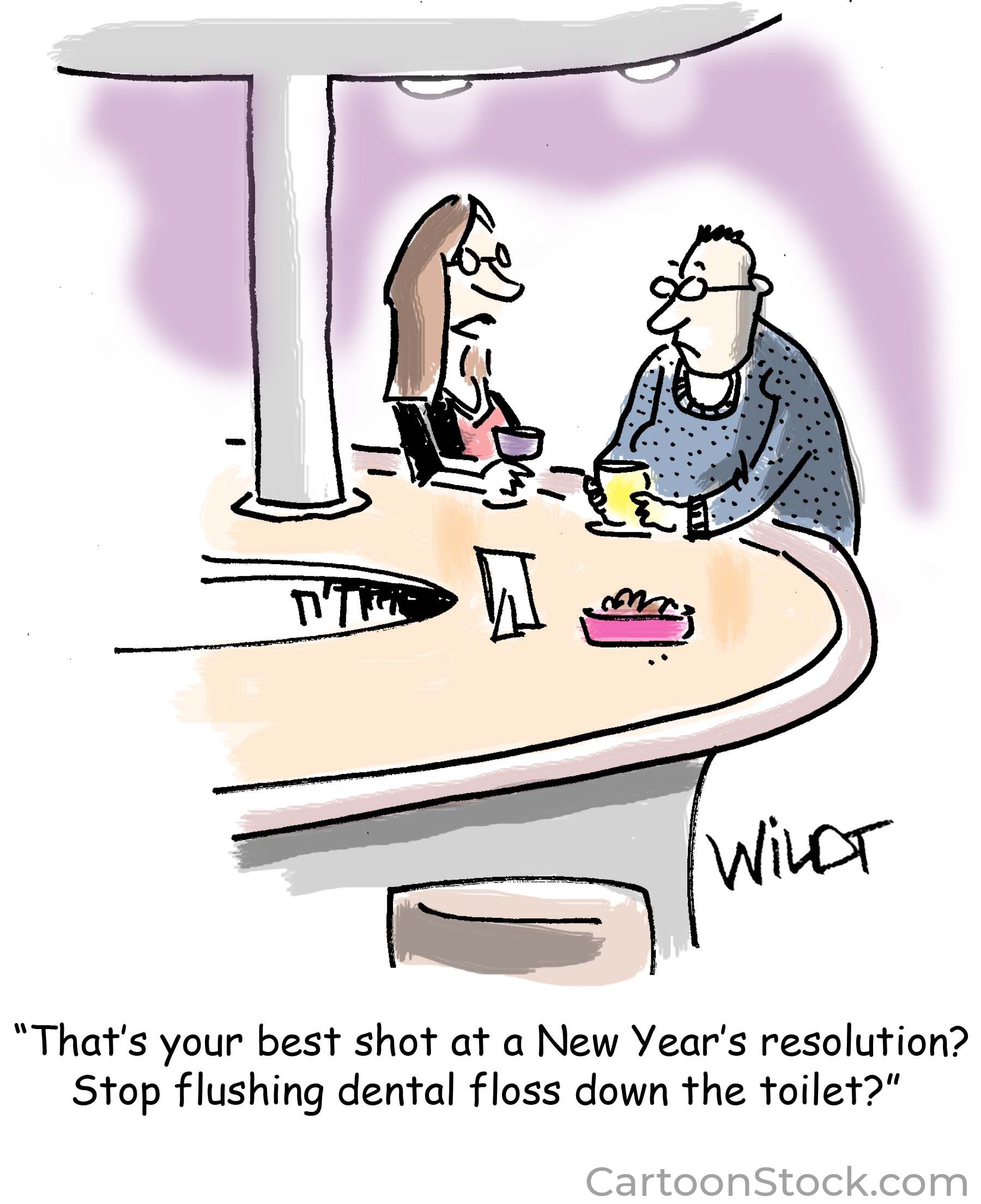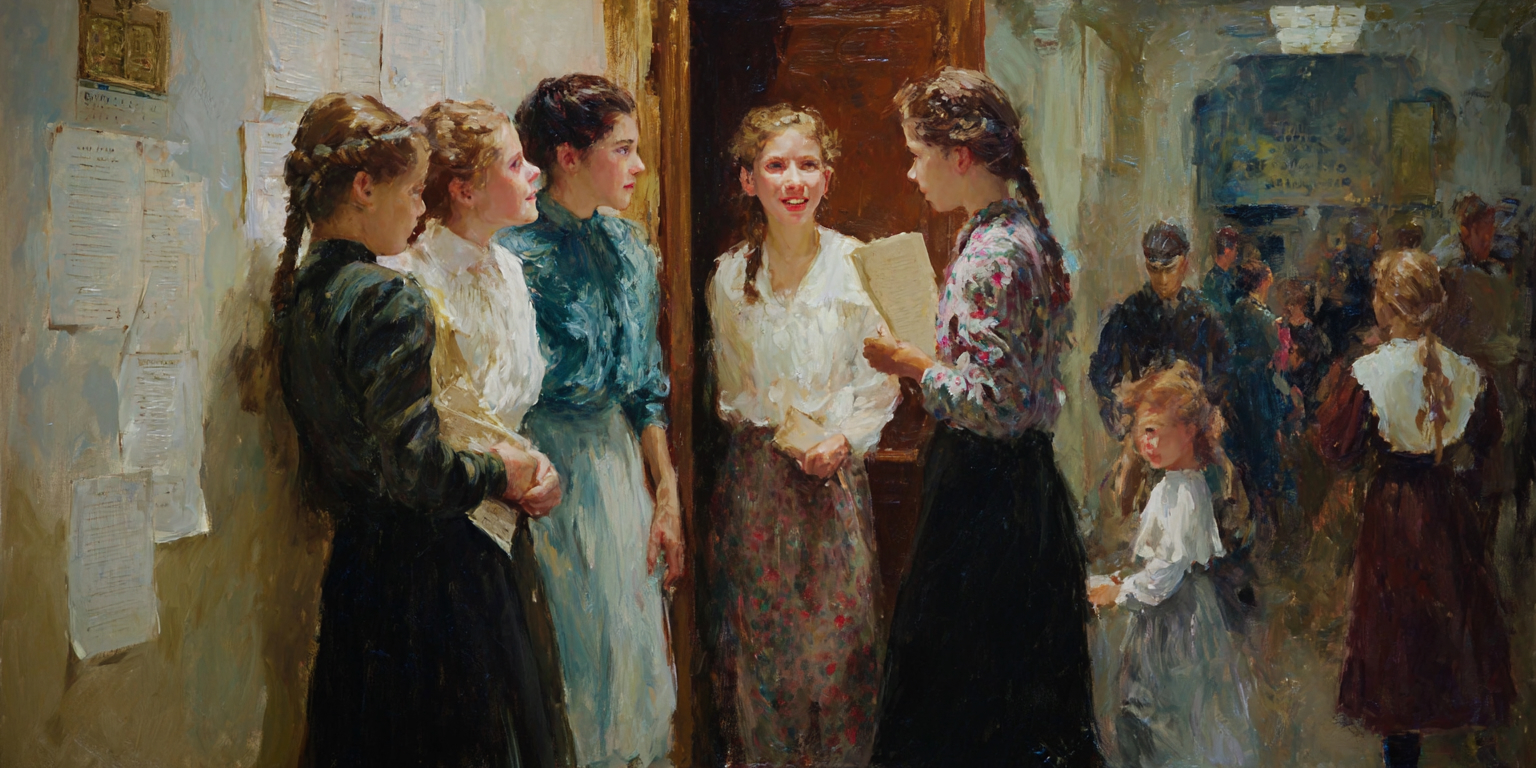When I led the Utah chapter of The Village Square, a chiropractor approached us about doing a panel discussion featuring different perspectives on vaccination. California had just passed a mandatory vaccine policy for children in schools, and strong passions were bubbling up on both sides.
For an organization whose tagline was, “a nervy bunch of liberals and conservatives who believe that dialogue and disagreement make for a good conversation, a good country, and a good time,” this sounds like just the kind of issue we’d want to feature in a dialogue event, right?
Wrong. Although we held events on climate change, police brutality, sex education, the secular-religious divide, and LGBT issues, we decided against a vaccination event. Even for people that usually jumped at a chance to explore hot issues, this felt a little too risky for us.
And that was before COVID-19 and before something called a “vaccine passport” started to be seriously discussed. If vaccination was a hot topic in the days of the Disneyland measles outbreak, it would burn a hole in your hand if you touch it now. As columnist Jay Evensen recently quipped, “If you love the culture war, just wait for ‘vaccine passports.’”
So, does this mean we should stay away from any vaccine dialogue efforts? What happens when we avoid discussing disagreements around especially controversial topics like this?
Exactly what we’re seeing all around us: a situation further polarizing by the day…one where those with hesitations about vaccines are often quickly dismissed as “crazy anti-vaxxers.” This stigmatized group is then free to talk amongst themselves about how hoodwinked everyone is to trust Pharma, the WHO, Gates, and Fauci—bolstered by very real (not made-up) attempts to silence their concerns. I believe it’s become urgent to reflect together on what achieving a more productive vaccine dialogue would take.
In place of difficult, genuine dialogue, we get something fairly predictable. As Cass Sunstein at the University of Chicago has shown, when people talk with others who agree with them, they unsurprisingly become more convinced of what they already believe.
Not exactly what America needs right now.
So, what’s the alternative? Does anyone seriously believe there’s another way to approach this conversation?
I do. Despite earlier hesitancies, I believe it’s become urgent to reflect together on what achieving a more productive vaccine dialogue would take.
And I’m not alone. Years ago, serious conversations took place about starting a “vaccine dialogue project” with colleagues at the National Coalition of Dialogue and Deliberation, where I served on the board. Although this likewise never saw the light of day, I’d like to share a draft of a document developed during that time: “Ten Ways that Thoughtful, Good-hearted People Disagree about Vaccination.”
This is reflective of a similar series of documents created over the years to “map out” different perspectives in hopes of helping people experience what David Blankenhorn once called “achieving disagreement” (a disagreement that is fair and representative of what each side thinks, rather than passing along distortions so common with mutual resentment). Earlier versions included comparable disagreement maps on Policing & Public Safety, Gun rights/Gun control, Sexual Orientation & LGBT Rights, and Race Relations. More recently, we at Public Square Magazine have created similar maps for honestly-held differences in perspective among American citizens regarding COVID-19 response, and the integrity of the recent presidential election.
Each of these reflects different ways of seeking what President Dallin H. Oaks recently called for Latter-day Saints to work towards, “On contested issues, we should seek to moderate and unify.”
Yet one thing I’ve learned over and over in these attempts is how tempting it is for one side (or the other) to see any such effort to create deeper understanding (on any issue) as a serious threat. “Why would we give anti-gay bigots a platform to be understood better?” some LGBT activists say—while some religious conservatives might agree in the other direction, “how dare we expose people to more of their lies?”
Similarly uncompromising evaluations are felt across all these issues: “Why would we spend another minute trying to understand someone whose views are so dangerous, so reckless, and so clearly off-base?”
Often in the case of those holding majority opinions (on climate change, sexuality, and vaccines, for instance), people like to insist the “science is settled” and therefore, public opinion should likewise be settled in regards to a warming climate, gay marriage, the efficacy of vaccinations, etc. And from this vantage point, dialogue is therefore opening a proverbial can-o’-worms, aka, a conversation that should remain closed. Why should anyone be willing to understand that sorry perspective anyway?
Better instead, to ramp up educational and persuasion efforts—confronting and challenging those with wrong views, while staying far away from anything with a possibility of validating them. This also helps explain the ongoing, intense campaigns to frame those holding dissenting views as lacking credibility either intellectually or morally—e.g. calling them “bigots and haters” or “climate deniers” or “anti-science” or “anti-vaxxers.”
In fairness, when it comes to matters of public health, the stakes are especially high. That makes the temptation to silence threats especially powerful, and justified “for the well-being of all.”
But the underlying dynamic doesn’t change. If silencing and ignoring one another doesn’t work on other contentious issues, why would it work with vaccines? When people with sincerely held views about gay marriage, guns, race, or COVID-19 solutions feel silenced, suppressed, and vilified— what do you think they do next?
Of course, they don’t moderate. Or soften. Or open. Or stay curious about new insights.
They harden. And close off even more. And get even angrier.
This is my response to those who choked on the idea of “thoughtful, good-hearted” people disagreeing in the title of the aforementioned document. “Thoughtful? Yeah, right—those anti-vaxxers are like the craziest people I know.”
“Good-hearted? You bet—those people who trust Pharma and its cronies at the World Health Organization have all our best interests in mind.”
If that’s your starting point, this is probably not for you. Surely there’s some video or article out there ready to reinforce your own views—and confirm how loopy those on the other side are.
Or you could try something else. Something challenging, even in the best of circumstances: listening deeply to those who see this differently than you do.
The greatest dialogue challenge of all? However challenging that practice can be—and usually is—with gay rights, religious freedom, climate change, and guns, this vaccine question might honestly be the greatest dialogue challenge of all.
I used to tell people LGBT dialogue was the most difficult. Like climate change, LGBT questions feel like life-and-death to people. Yet on both issues, it’s always been clear there are lots of widely respected people on both sides with real clout. With vaccination (and other health-related questions), however, despite the fact that as high as 49% of Republican men report not planning to take the vaccine, there’s a widespread perception that all the smart and respectable people are on the same page—e.g. “most doctors say X,” and “most researchers agree on Y.”
While professional consensus views clearly exist, I’ve cautioned against the tendency to overlook honest disagreements among researchers and to portray science as a simplistic revealer of one storyline—another factor making dialogue difficult. (Starting a conversation with “Why don’t you just trust the science?!” doesn’t necessarily leave much space for productive back-and-forth, right?!)
However urgent these other questions may feel, vaccination also stirs up strong emotions on both sides in the immediate here and now, as our own physical well-being right now feels in the balance. In such an atmosphere, even raising a question publicly, however honest (about side-effects, etc.) can get you accused of outright threatening public health.
All this explains, once again, why I’m personally convinced anything related to vaccination is the most challenging question for public dialogue today.
Even so, rather than shy away from all this, like we did years ago, I’m writing to propose the opposite course. Instead of running away from vaccine dialogue in fear, what if we turned to face it like a runner seeking the greatest challenge of all? “Okay, I’ve done a marathon before. Now it’s time to do one marathon per day for a month!”
Okay, maybe this isn’t that hard and crazy. But it’s pretty darn close.
Rather than just sharing different opinions and feelings about vaccinations, this dialogue would need to take up issues such as competing views of how reliable the COVID count is, and different ways that side-effects are being framed and interpreted. Another part of the dialogue would have to be what Noah Rothman referred to as “the Rise of the Immunity Class.”
Does this all sound too scary?
I honestly believe it will for most—recognizing that some will look at dialogue like this as yet another way to spread vaccine hesitancy. That would certainly not be the aim or aspiration of any such efforts. True dialogue does not have an agenda beyond deepening understanding and expanding our grasp on truth together. A repressive environment of censorship and fear allows contrarian ideas to prosper in the shadows—whether they are true or not.
But maybe that’s precisely the problem. Some believe any public conversation should have an educational agenda—while others will continue to insist the vaccine-hesitant don’t deserve deeper understanding (and that, yes, doing so risks granting credibility to ideas in a way that expands them further).
If that’s what you sincerely believe, then honest listening and engagement will be hard, if not impossible. In your head, you might hopefully imagine a scenario where—with sufficient education—everyone (or at least enough people) eventually “come around” to seeing vaccination the way you do.
But what if they don’t? What then?
If truth is what we care about, and educating more people about that truth, then we should have nothing to fear from honest dialogue—a place where truth wins out in the end. In contrast, a repressive environment of censorship and fear allows contrarian ideas to prosper in the shadows—whether they are true or not.
If America doesn’t reach its hoped-for herd immunity, will even more silencing, coercion, control, and mandates become seen as necessary?
Which way will we choose?
I fear many Americans have already made their choice. But for those with an openness to another way, I can’t help but raise my voice.
Thanks for listening.


















